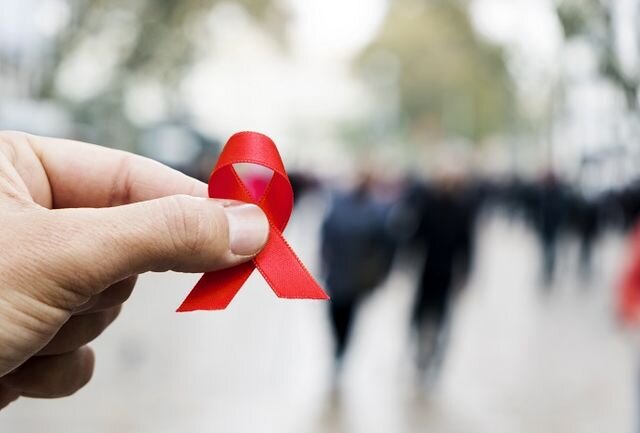UN appreciates Iran’s ‘leading role’ in fight against AIDS

TEHRAN – The Joint United Nations Program on HIV/AIDS (UNAIDS) has praised Iran’s leading role in the fight against the virus.
UNAIDS executive director Winnie Byanyima, in a letter to Esmaeil Baghaei-Hamaneh, permanent representative to the UN in Geneva, appreciated Iran for its efforts in eradication of HIV and welcomed a visit to the country.
Highlighting that Iran’s model for fighting HIV is “harm reduction”, she lauded the country for pioneering the unique model of AIDS management and expressed appreciation for Iran’s support, as a member of the UNAIDS Program Coordinating Board (PCB), in the global fight against AIDS.
She further thanked the active and constructive role of the Islamic Republic in preparing the strategic documents of the Joint United Nations Program on AIDS.
Earlier, Morten Ussing, Director of Governance and Multilateral Affairs said that “in terms of harm reduction, Iran is one of the best counties in West Asia, but also in the world; Iran’s intervention in the prisons proved to be the best, therefore, it should be presented as a strategic plan worldwide.
Over 59,000 people diagnosed with HIV
According to the data released in 2019 by the UNAIDS, some 59,000 people are diagnosed with HIV in Iran.
Parvin Afsar Kazerouni head of the AIDS and sexual disease control department at the Ministry of Health said in December 2019 that since the beginning of the epidemic, a total of 40,735 cases of HIV have been registered in the country, 60.1 percent of which were infected with drug injection equipment and 22.2 percent due to high-risk sexual behavior.
Men held a share of 82 percent and women 18 percent among people infected with HIV, she lamented, adding, 50 percent of the patients age 20-35.
Referring to the newly diagnosed cases of HIV in the first six months of this year, she said that about a thousand people have been diagnosed during this period, 31 percent of whom were women and 69 percent were men.
HIV prevalence in the world
The human immunodeficiency viruses are two species of Lentivirus that cause HIV infection and over time acquired immunodeficiency syndrome. AIDS is a condition in humans in which progressive failure of the immune system allows life-threatening opportunistic infections and cancers to thrive.
Since the beginning of the epidemic, 75 million people have been infected with the HIV virus and about 32 million people have died of HIV.
Globally, 37.9 million people were living with HIV at the end of 2018. An estimated 0.8% [0.6-0.9%] of adults aged 15–49 years worldwide are living with HIV, although the burden of the epidemic continues to vary considerably between countries and regions.
The WHO African region remains most severely affected, with nearly 1 in every 25 adults (3.9%) living with HIV and accounting for more than two-thirds of the people living with HIV worldwide.
FB/MG

Leave a Comment